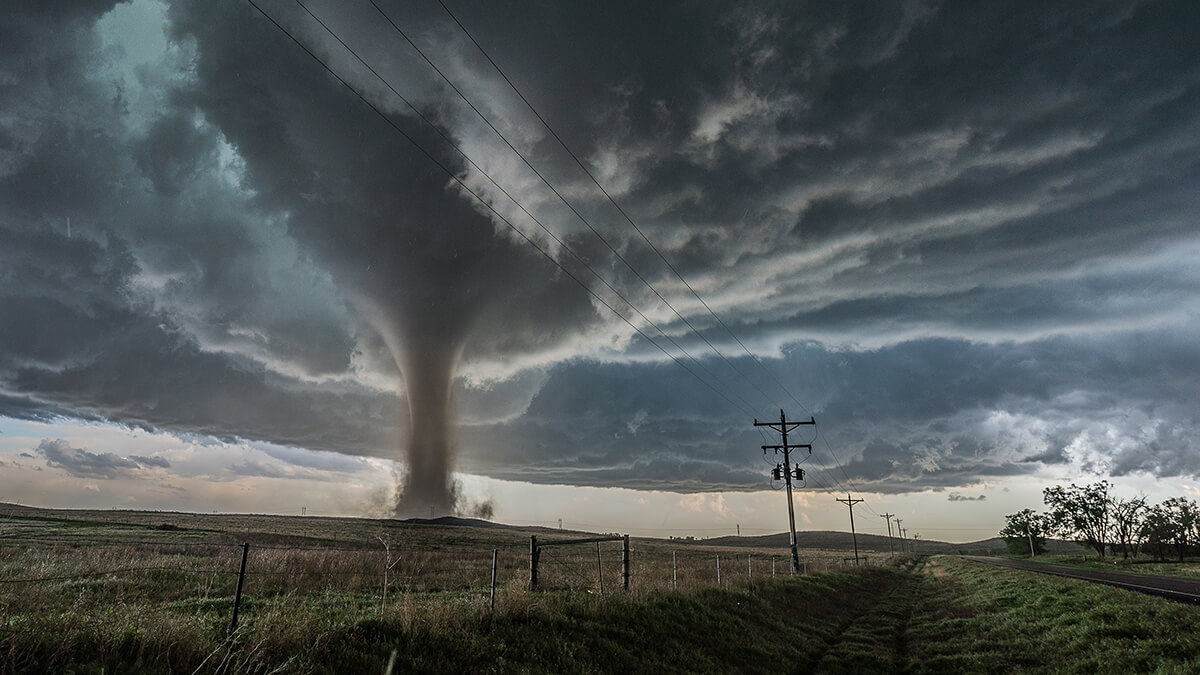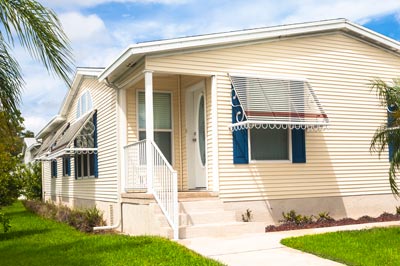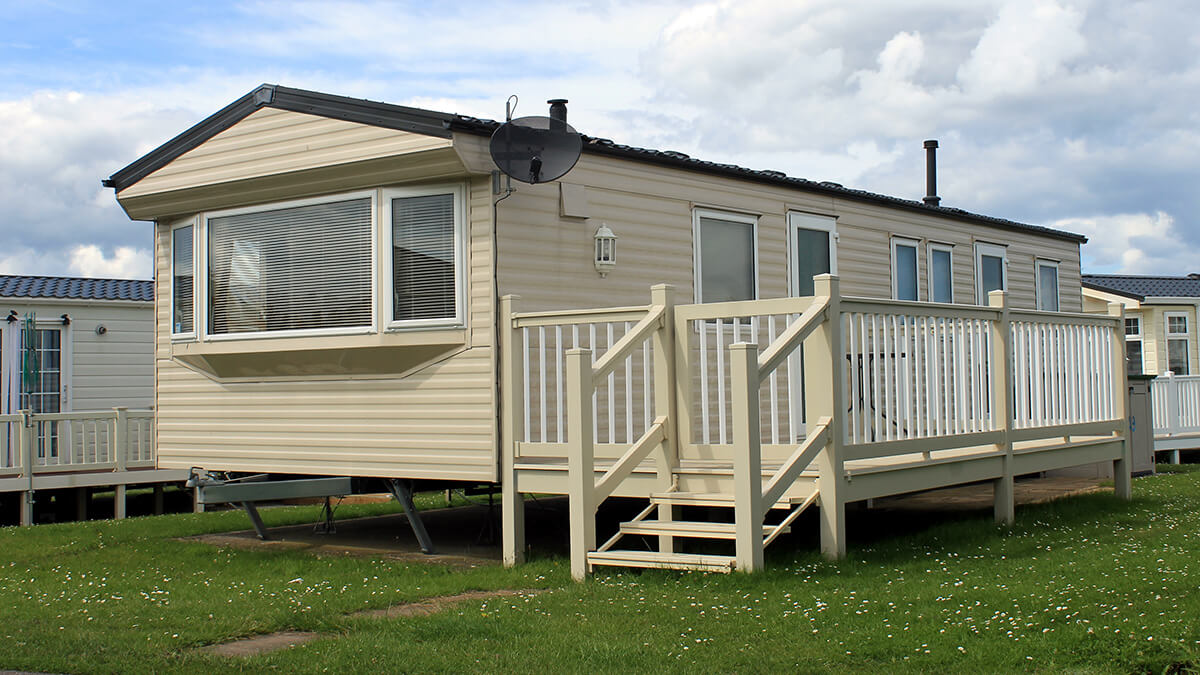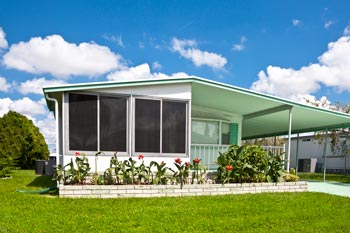Tornado safety: Before, during and after

Last year, according to Statista, there were 1,154 tornadoes reported in the United States. And you might be surprised to learn that a lot of these didn't happen in Tornado Alley. It's safe to say that no matter where you live in the U.S., you could be at risk for a tornado. With that in mind, it's best to prepare for severe weather now to keep you and your family safe. Follow these guidelines to know what to do before, during and after a tornado hits.
Before
Having an emergency plan and practicing it is critical. Make sure everyone in your household knows where to go and what to do. And don't forget about your pets! Have a crate or leash in an easily accessible place in case you need to help them move to safety.
If possible, take CPR training. It's good to know not only for tornadoes, but for other emergency situations as well. Another way to be proactive is stocking a secure room with non-perishable foods, water, blankets, an emergency kit and important documents.
Be aware of the potential risks a tornado brings. It is a good idea to have permanent shutters on your home to prevent the windows from breaking. Also, garage doors tend to get damaged during tornadoes, so ensure yours are sturdy and durable enough to resist violent winds.
If there's a tornado watch, a tornado is possible, so keep a close eye on your local weather station for updates. Stay vigilant and take care to remove any loose items and debris from outside your home.
During a tornado watch, the following could signal a possible tornado:
- Dark-greenish clouds
- Thunderstorms
- Hail
- Debris
- Consistent rotation in cloud base
A tornado warning means that a tornado is already occurring or will be soon. If you experience one, stay inside! A tornado can rip through your neighborhood in a matter of seconds, so don't risk your life by going out. Remember to stay away from windows, doors and outside walls.
If you have a smart phone, it's very easy to follow along with warnings or watches in your area. If you don't have access to a smart phone or tablet, listen to the radio or watch your local news station for updates.
During
Seek shelter in a storm cellar, or a room on the lowest floor with no windows (this is usually the basement). If you are in a tall building and do not have time to get to the lowest floor, go to the center of a hallway. If you are in a mobile home, get out and find the nearest sturdy building. Your mobile home park may have a storm shelter—make sure you know where it is in advance!
If a tornado hits and you are in a car, try to find the nearest building or shelter. If this is not an option, get out, find a ditch and cover your head; or stay in the vehicle, buckle-up, put your head down and cover it.
Continue listening to your local news station or radio for updates until the danger has passed.
After
After the tornado, remember to keep children and pets away from any damage or debris outside of your home. If you see any downed power lines, stay away from them and report them to your utility company.
To file a claim after the storm, click here https://www.foremost.com/claims/ or call 1-800-527-3907 to speak with one of our claims representatives.





